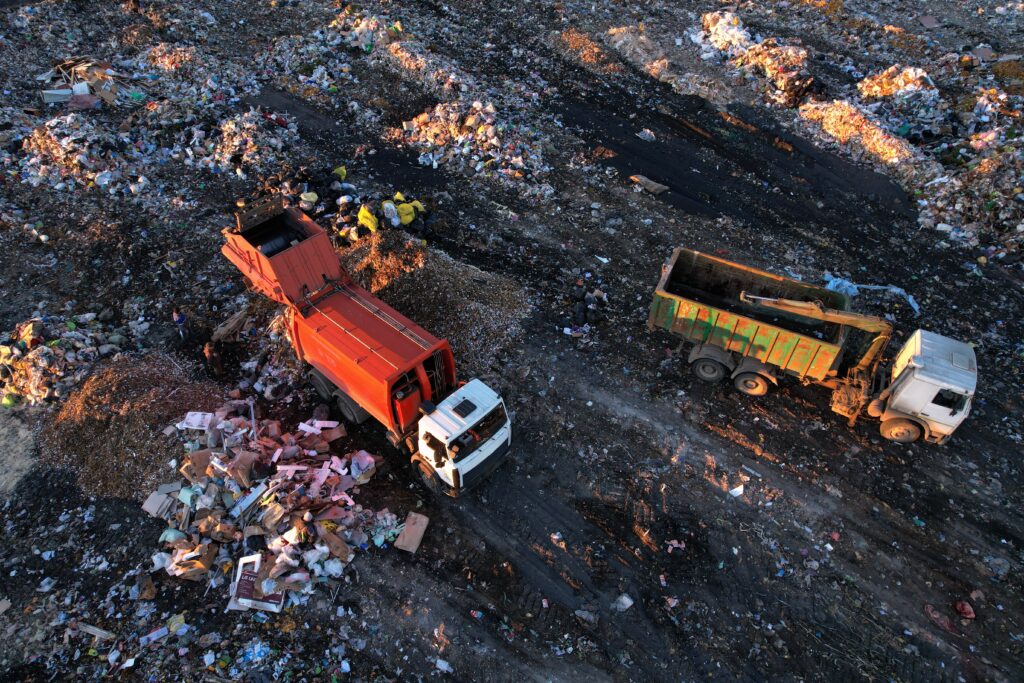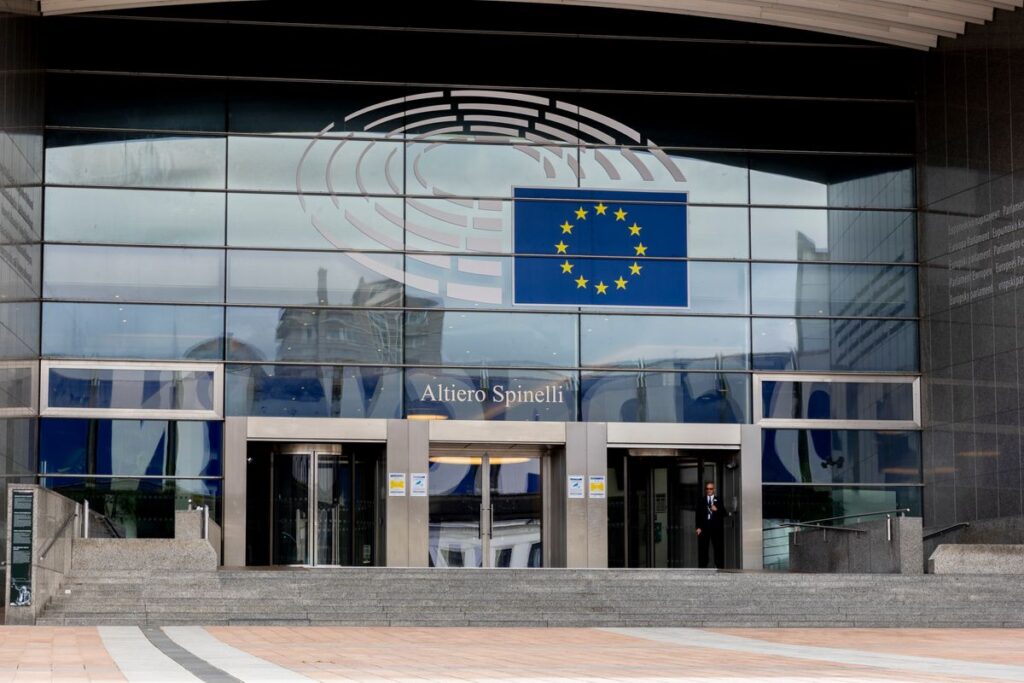The UK is among eight Member States that the Commission has formally asked to transpose the waste electrical and electronic equipment (WEEE) legislation into their national laws this week.
” Member States have agreed on ambitious legislation to take the problems caused by rapidly growing amounts of E-waste. But they also have to do the follow-up work and implement what they have agreed.“
– Stavros Dimas, EU Commission
Estonia, Finland, France, Greece, Italy, Malta and Poland have also been unable to implement the Directive, which requires electronics producers to pick up the bill for the collection and recycling of WEEE.
The Directive should have been adopted by EU Member States by August 13, 2004. The final written warning this week represents the last step before referring the Member States to the European Court of Justice if they fail to comply, the Commission said.
Environment commissioner Stavros Dimas explained: “Member States have agreed on ambitious legislation to take the problems caused by rapidly growing amounts of E-waste. But they also have to do the follow-up work and implement what they have agreed.”
Timetable
The WEEE Directive was originally enacted by Brussels in 2002, and under its timetable producer responsibility for waste electronics was supposed to be in force within the Member States by August 2005. In the UK, the government has indicated that legislation will see producer responsibility beginning no earlier than January 2006.
Only France, Italy and the UK have failed to implement both the WEEE Directive and its sister directive, the RoHS (Restriction of Hazardous Substances) Directive, which bans the use of heavy metals and other hazardous chemicals within the production of electronic equipment.
Estonia, Malta and Poland have adopted the RoHS Directive, but not the WEEE Directive. Finland has failed to adopt the legislation in its Aland province. Greece has adopted the two directives, but has failed to adopt a 2003 amendment to the WEEE Directive, which clarifies the financing of non-household equipment collection and recycling.
Growing
The Commission said electronic scrap is “the fastest growing waste stream”, growing at between 3% and 5% a year – “three times faster than average waste”. Each European resident currently produces about 17 to 20kg of e-waste per year, 90% of which is landfilled or incinerated.
| Related links: |
The WEEE Directive requires 4kg of electronics waste to be collected per head of the population from the household waste stream, as well as all business WEEE – with recycling targets set for collected material.
Mr Dimas said: “Nobody wants to see old computers and television sets piling up at the roadside and polluting the environment. Therefore, efficient collection and recycling/re-use is necessary.”








Subscribe for free